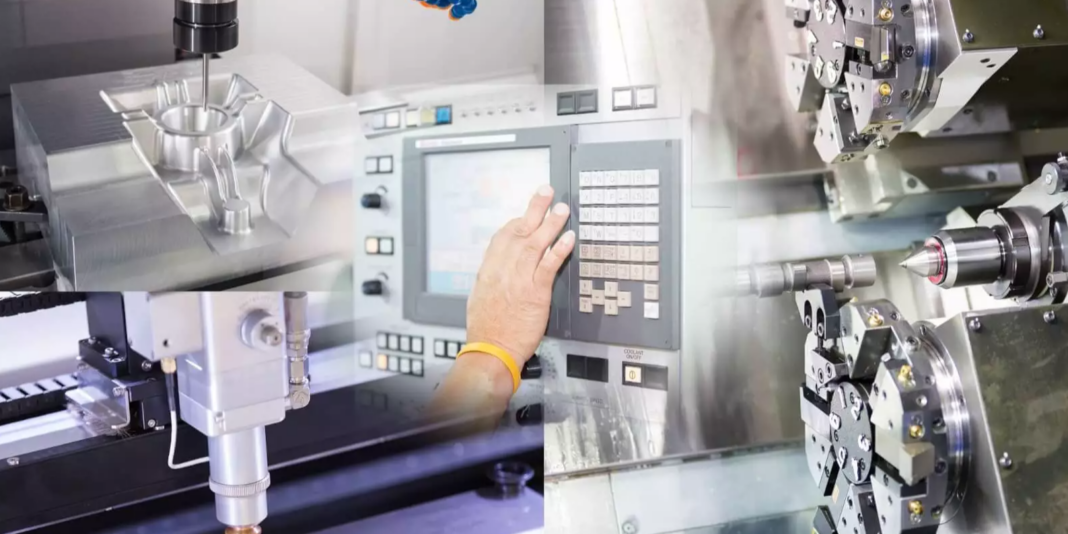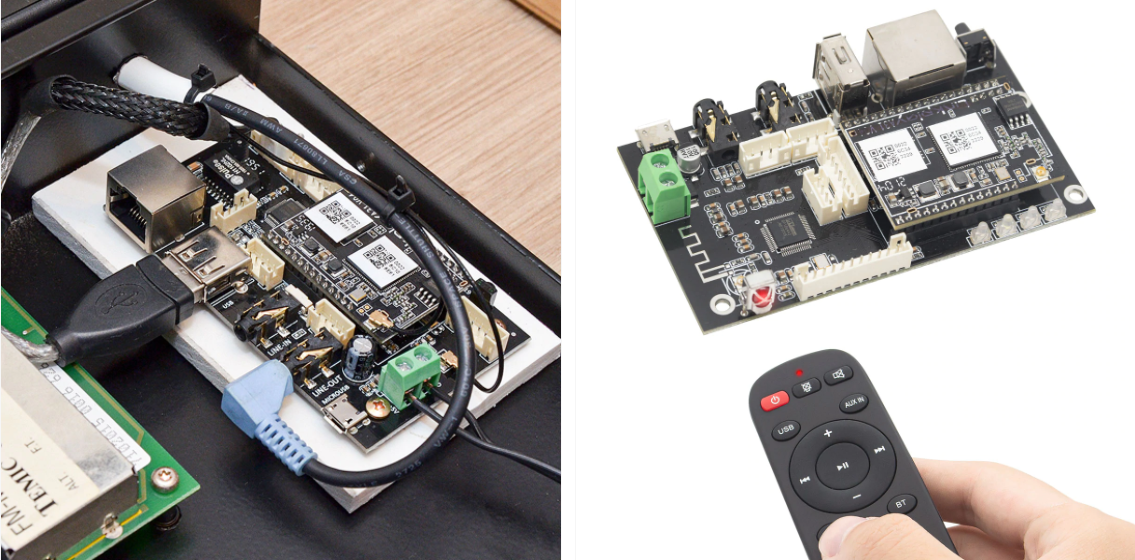Precision machining, or CNC machining, is the process of automating a machine’s tools. Though precision machining is a process that has been around for decades, it’s still considered one of the most efficient ways to produce complex parts. The reason? CNC machines can work quickly and without human intervention by using computer codes instead on manual instructions from operators in order make quick changes or fix errors within your product design when necessary – which makes them perfect choices if you’re looking into high volume manufacturing capabilities along with demanding engineering jobs involving unusual materials like titanium alloys!
CNC machining
CNC precision machining is an efficient way to produce parts with precise dimensions and high-quality finishes. CNC machines are capable of machining parts with complicated geometries and surfaces, which makes them ideal for a wide range of manufacturing applications. The high level of precision and sturdiness ensures that parts produced by CNC machines last a long time.
Turning
Turning precision machining is a technique used for precision parts manufacturing. The process involves cutting away extra material from a job to create a part of the proper dimensions. Often, this process is used to create parts for aerospace, automotive, and agricultural applications.
Drilling
The oil and gas industry requires precision machining to ensure consistency and reliability in production. These parts must be produced to exact specifications, from connectors to sealastic nipples, adapters, stiffeners, and other components. Precision machining helps keep equipment and parts readily available and eliminates lag time due to shortages.
Drilling centers
CNC drilling and tapping centers are used to drill, tap, and mill components made of metal, steel, and other materials. They can process a variety of materials, including steel, aluminum, brass, and titanium. They are also popular for the processing of molds and small aluminum parts.
CNC milling centers
CNC milling centers come in many different configurations and can be used for a variety of machining tasks. Some have single, double or multi-axis machining capabilities, while others are designed for large, complex parts. You’ll need to consider the size, shape, and material you’ll be making before deciding which type of CNC milling machine to purchase. A few other factors to consider include how much precision you need and the machine’s longevity.
Ultraprecision machining
Ultraprecision machining is a type of machining that achieves extremely high-precision results. Often, this type of machining is used to make components for optical or mechanical applications. These components require high-precision measuring systems and processes. This seminar will present key companies that offer solutions for high-precision manufacturing. Additionally, attendees will have the opportunity to interact with key industry figures via 1:1 online discussions.















